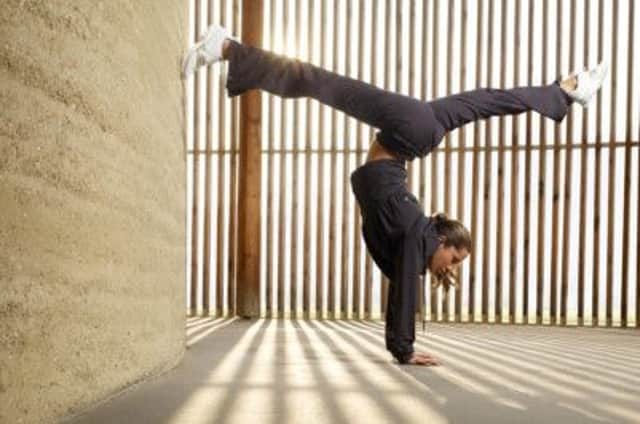Erikka Askeland: Positive thinking a plus


Or it was, if, like me, you have been sitting on the couch rather more than you should of late, snuggling deeper under a blanket as the wind tries to pound down the walls of the house.
Like light piercing the dawn, evidence of a study emerged on my Twitter feed that seems to prove that you can think yourself thin. I kid you not.
Advertisement
Hide AdAdvertisement
Hide AdIn it, the researchers took 44 room cleaners. Half were told that cleaning rooms was a healthy activity that meant they were physically fit and ticked all the boxes for government advice on active lifestyles. The others weren’t.
Amazingly, just being made aware they were actually physical dynamos – changing sheets, scrubbing bathtubs and probably feeling a bit smug about it – had demonstrable benefits. The workers who were instructed on the upside of their efforts showed improvements in terms of weight, amount of body fat, waist-to-hip ratio and blood pressure. The others didn’t.
The researchers swore that the ones told about their healthy exertions hadn’t changed their behaviour outside work – they still seemed to be eating, drinking and smoking about as much as they did before the study.
According to a report by psychology blogger Christian Jarrett, the cleaners in the study benefited from a sort of placebo effect. Essentially, the “fake pill” part of the experiment’s results was their smugness.
As a weight-loss strategy, emulating this won’t be easy if your backside is attached to an office swivel chair seat most of your working day. But rather than trading in your job mostly staring at a computer screen for manual labour, you just have to think differently.
Instead, cultivate feelings of being pleased with yourself because you walked into work or engaged in some Herculean Hoovering. Consider how supercilious fitness obsessives can be, with their toned thighs and belief in regular sweating, and pretend you are like them. Except you don’t have to put in such strenuous effort.
I realise that you really can’t trust everything you see on social media. But if you need credentials, consider that the research was undertaken by a Harvard psychology professor, Ellen Langer.
In her work, Langer specialises in mindfulness, which is a practice adapted from Buddhist meditation. Except you don’t need robes or bells and nor does it require you to burn anything. Instead it is really a very simple technique of noticing where you are and what you are thinking. Except this is harder to do than it sounds.
Advertisement
Hide AdAdvertisement
Hide AdI don’t know about your head, but mine often tends to have a few fixed loops that chatter on endlessly in the background. Lately these have mainly been about my annoyance with delusional gun nuts, wondering how to reduce national debt without choking the economy and toasted falafel wraps from the sandwich shop next to the office. The man in my life, on the other hand, often seems to be preoccupied by Partick Thistle, Scottish constitutional issues and castles.
For the most part, thinking is constructive – if you are sufficiently absorbed in musings or tasks you can achieve a feeling of “flow” whereby time passes effortlessly. But distracting thoughts are less beneficial when your obsess about events from an abusive childhood, say, or how worthless you feel. It is the difference between active contemplation and intrusive worry that matters.
Unlike the relentless optimism proposed by flaky positivity gurus, being mindful doesn’t mean you ignore problems or avoid reality, it just gives you the mental tools to put it all in perspective.
For those who might think it is all a bit hippy-ish, the concept is increasingly becoming mainstream. The NHS has recognised its benefits and some doctors now refer patients with chronic depression to be given mindfulness-based therapy. Sir Harry Burns, the chief medical officer for Scotland has also endorsed its practice for young people. It all sounds quite positive, if you think about it.